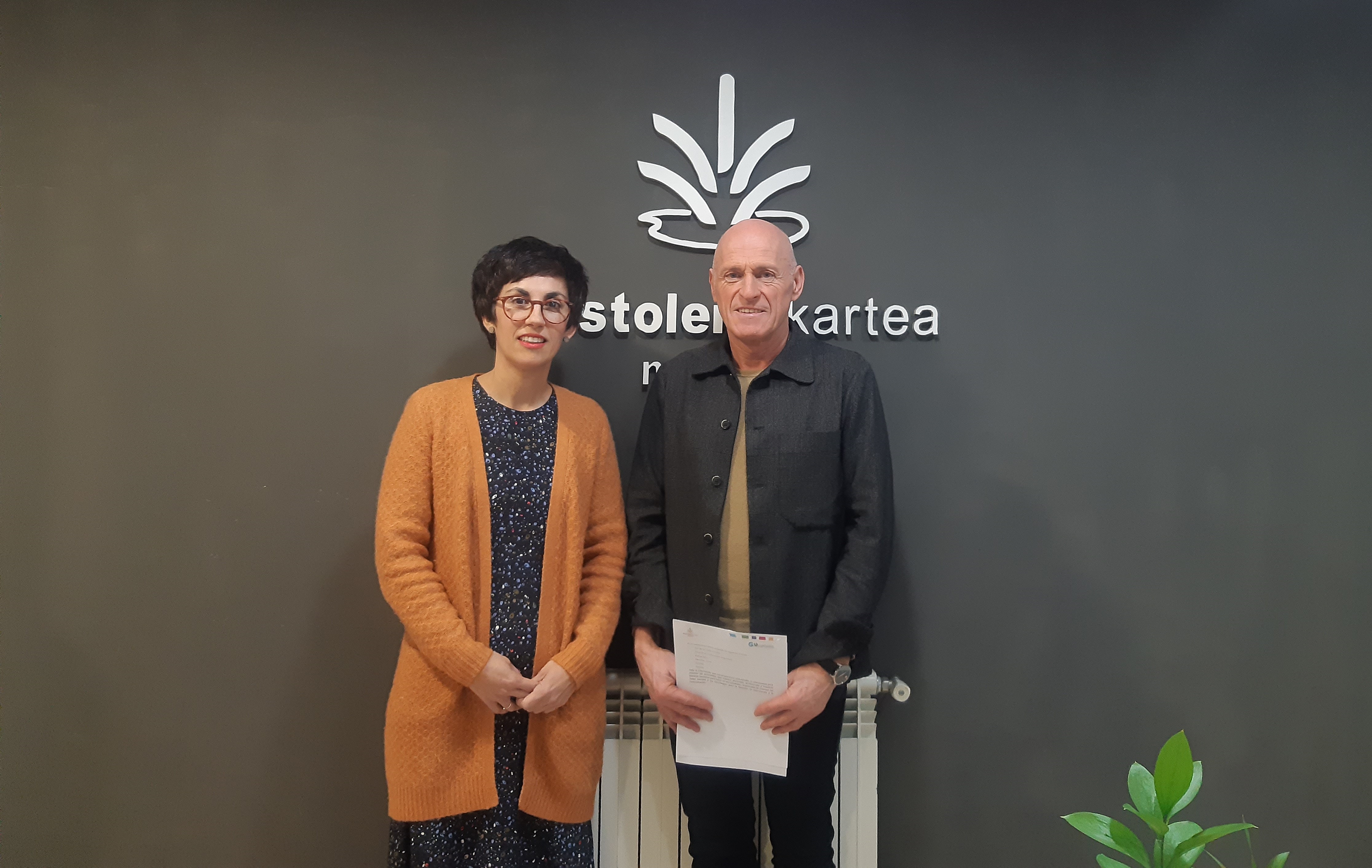Cases of bullying increase in CAPV, most in high school
- On the day against bullying, the Basque Government presented data from last year: 157 bullying cases have been identified at CAPV educational centers, 28 more than the previous year. Most cases have occurred in secondary school, with a predominance of verbal attacks. The initiatives and tools to work on the subject at school are increasingly numerous.

The Inspectorate of the Department of Education of the Basque Government analyzed 1,098 cases last year, of which 157 were identified as bullying. They are more than in the previous year, but the percentage of cases has stabilized since the Government, around 12-14% of the cases studied. In fact, the Department of Education considers that the sensitivity to bullying is increasing, “more than the increase in bullying cases”.
In secondary schools, 62.3% of cases have been reported, and verbal aggression predominates, representing 82.1% of the total. It is followed by marginalization, intimidation, blackmail and threat. Cyberbullying (harassment through the Internet and social networks) is 32.4% of cases.
Minority and majority
In general, in recent years, more intense work has been done on this issue, not thinking about child issues or wrecks and giving bullying its true dimension. One of the keys to this preventive work is, according to experts, to focus on a group. In fact, the data indicate that among children is a minority the aggressor, most are spectators and witnesses, and that the challenge would be to turn these passive attitude witnesses into active partners of the victim.
The KiVa method places special emphasis on those who are witnesses: “We discuss with children the different roles in situations of harassment, because viewers and witnesses who are not direct aggressors also have a role; for example, those who laugh around them reinforce the aggressor, the message they convey is that the situation is entertaining and fun. We want to make them see that in this process each one plays a role, a task, and that it is everyone’s responsibility and responsibility for what is happening; they understand that they can play another role, a role that does not obey the pressure of the group and that can end harassment”.
"It is suggested that what needs to be changed is not the student, but the environment, the community. If the methodology and structure change, if the education is otherwise raised, the student will also change"
Healthy relationships
To avoid harassment, the best prevention is to nurture healthy relationships. For example, Oiartzun’s ikastola features the Haziak project for managing one’s own feelings, balanced and unbalanced relationships and substantially healthy relationships. The Government launched the Bizikasi initiative five years ago with a curriculum for positive coexistence. From 3rd grade to 4th grade, they have material to empower students and work on the importance of living together according to their degree of maturity.
What if we changed the context?
Instead of focusing on the student, there are initiatives that contextualize it: “It is basically proposed that what needs to be changed is not the student, but the environment, the community. If the methodology and structure change, if the education is otherwise raised, the student will also change. In our case, the conductive method predominates: the student who behaves well, the asterisk and who behaves badly, the punishment occurs in the student; therefore, the experience we propose is to influence the environment. Instead of trying to change student behavior, change the environment,” Professor Beatriz Garai told us. Professor Gema Lasarte then told us the Caregiving Schools that follow this model: “A good part of this general approach is that it takes all students into account. In short, we are all or we can be vulnerable at some point.”
Incel, cyberbullying, sexting, catfishing, cyberbating, doxxing, gaslighting, grooming, sextorisio… Lately all the negative behaviors of human beings are being “tag-eated” in the digital sphere, it seems that the manifestations we had in the physical sphere do not serve to... [+]
You, who have been persecuted in school and therefore have no crew, I do not know how you live that you do not have a crew. To me, that made it very difficult for me in the day to day at the time of the ikastola, until I became dependent on the desire to have a crew. In recent... [+]
LGBTfobiaren adibide lazgarriak ugariak izan dira 2021ean, Euskal Herrian eta munduan. Andaluziatik iritsi da azken kolpea: 20 urteko emakume batek bere buruaz beste egin zuen abenduaren 28an, lesbiana izateagatik bortizki jazartua izan ostean. Lau salaketa jarriak zituen.





















